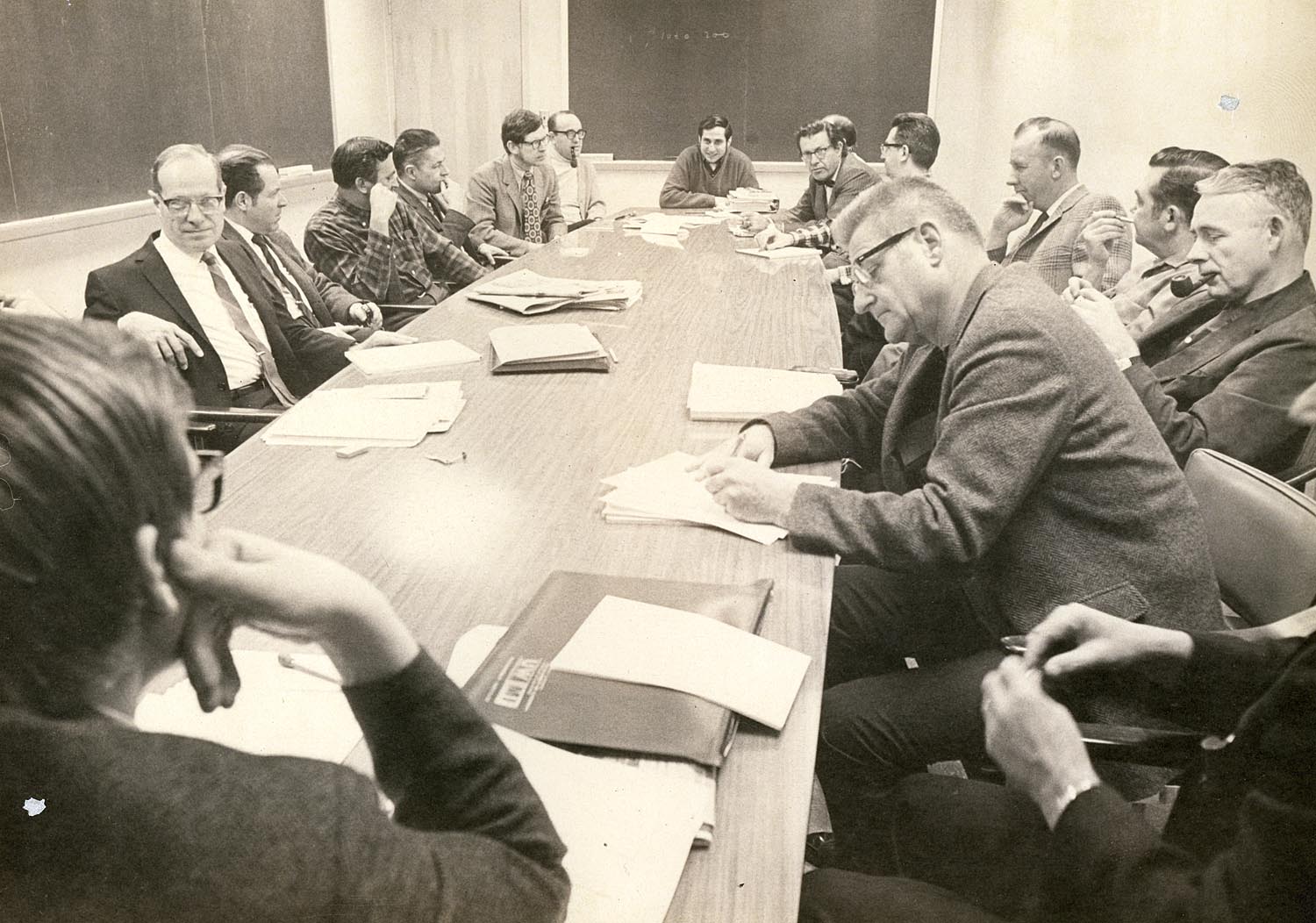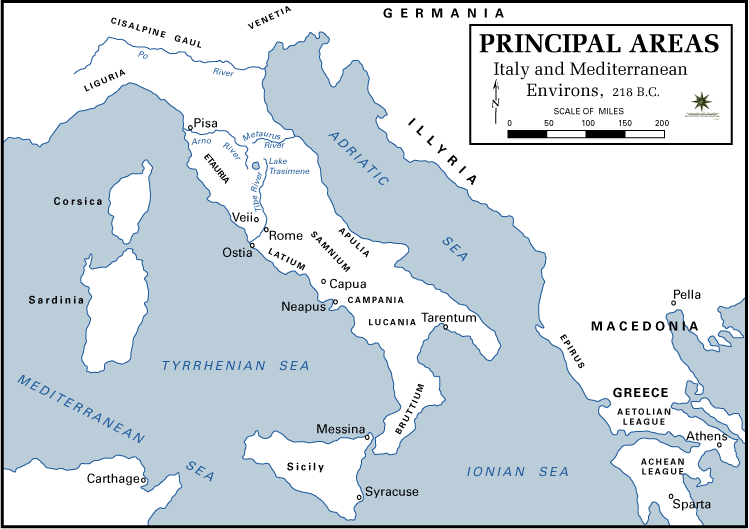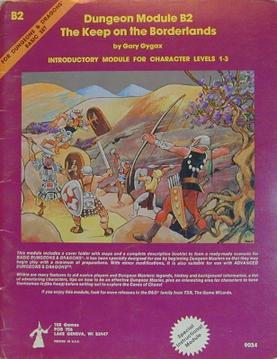Two weeks ago, I discussed some of the basics applicable to running all RPG campaigns. This week, I want to touch on the types of RPG campaigns.
By "types of RPG campaign," I mean the genre, background and feel of a RPG campaign, rather than the mechanics. Of course some GMs, for a variety of reasons, just focus on running a campaign and purchase a commercial product, of which there are many.
So, how does one choose the type of an RPG campaign to run? This decision is usually driven of the preferences of the GM (and, for some New School games, the Players). There do seem however to be three common and effective types of RPG campaigns:
- Sandboxes
- Adventure Paths
- Relationship-Maps
The three types are of course not mutually exclusive and all of them can work (for different kinds of storytelling and approaches to RPG play). Furthermore, many campaigns combine elements of some or all three types, but many times one of them is dominant, because of the preferences of the GM and/or Players.
Last year, I touched on Sandboxes as a style of Game Play, and now I'd like to look at them again in terms of campaigns.
In a sandbox campaign, the GM creates an area and populates it with NPCs, events, monsters, etc. and the players choose where they want to go and with whom they want to interact. It is a form of emergent storytelling, where the narrative develops as play happens.
As Old School as it gets, Sandboxes go back to the beginning of the RPG hobby (e.g., Blackmoor), and some of the best known examples are the classic modules B2 The Keep on the Borderlands and X1
The Isle of Dread.
Sandboxes can be a good starting point for novice GMs because they only need to create the area in which the players will adventure, and the campaign can be expanded as necessary
What is nowadays called an "Adventure Path" (i.e., a series of interlinked adventures featuring pre-scripted events) has been a popular mode of campaign play since DL1 Dragons of Despair (1984) kicked off the Dragonlance Saga (which many Old School gamers consider to be the beginning of the end for TSR, as it was a decisive step away from Sandbox play). In an Adventure Path, the plot is directed by the GM. For example, DL1 states:
"Events
As opposed to encounters, which take place in specific areas, events take place at specific times. They may happen anywhere unless stated otherwise. The first event begins your adventure, then each follows at its stated time in the sequence below."
Adventure Paths can also be a good starting point for novice GMs because they limit the number of things with which the Players can interact. However, they can also devolve into a railroad, stripping Players of agency.
Adventure Paths continue to be produced today, such as many Pathfinder products (e.g., Rise of the Runelords).
These campaigns are typically Player-driven affairs, most often seen in indie games, such as Fate, Smallville, Apocalypse World, etc.
In a Relationship-Maps campaign, many or all of the background details of the campaign are determined by the Players, usually in the course of Character Creation. This is a type of
Player Narrative Fiat.
Since the Players come up with most or all of the campaign background, Relationship-Maps campaigns can be low or no-prep for the GM, who primarily focuses on knowing the rules set well and managing the group's
Social Contract.








.jpg)